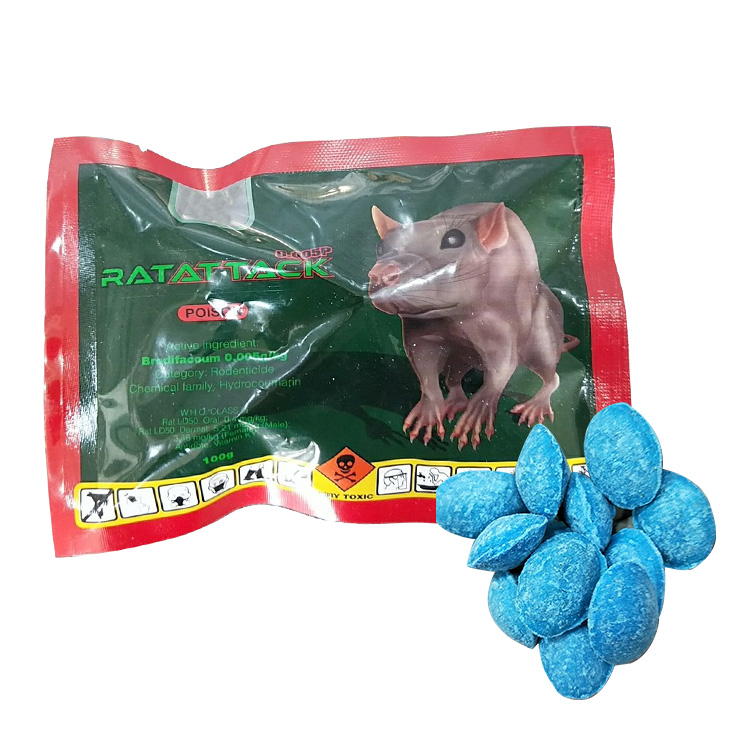Maharashtra has banned the sale of five moderately-to-extremely toxic insecticides and cancelled the licences of six companies for the current kharif season, as part of steps to prevent the recurrence of last year’s pesticide inhalation accidents that caused the deaths of 62 farmers and agricultural labourers across the state.
“We have stopped the sale of five insecticides, including two that are classified as moderately toxic (acephate 75% soluble powder and diafenthiuron 50% wettable powder), two highly toxic (fipronil 40% + imidacloprid 40% wettable granules and profenofos 40% + cypermethrin 4% emulsifiable concentrate), and one extremely toxic (monocrotophos 36% soluble liquid). The storage-to-sale licences of six companies — FMC India Pvt Ltd, Cheminova India Ltd, Biostadt India Ltd, Bharat Insecticides Ltd, Krishi Rasayan Exports Pvt Ltd, and Rainbow Crop Health Ltd — have also been cancelled,” Subhash Katkar, chief quality control officer of Maharashtra’s agriculture department told The Indian Express. Hymexazol 30%

The ban on the five insecticides was temporary, even though they were found to be hazardous. “The state government doesn’t have authority to impose a permanent ban. It can only stop their sale for 60 days, which is what we have done. But we have recommended to the Centre that these insecticides be permanently banned,” Katkar clarified.
Out of the 62 pesticide poisoning deaths reported in Maharashtra last year, 21 were in Yavatmal district alone, which also registered over 800 hospitalisation cases. Other districts in Vidarbha recorded 31 deaths, with the rest accounted for by the Khandesh (4), Marathwada (3) and western Maharashtra (3) regions. The deaths were mostly concentrated in areas growing cotton and soyabean, which are planted in the kharif season after the onset of the southwest monsoon rains.
Following the tragedy — the deaths took place between July and October — the Maharashtra government appointed a special investigation team (SIT) headed by the Amravati divisional commissioner Piyush Singh.
The panel’s report, among other things, called for a ban on monocrotophos, the most poisonous and cheaply available insecticide, and unregistered plant growth regulators. Among the reasons it identified for the deaths was pesticide application when the cotton crop had gained extra height. That, along with less spacing between crop rows, led to spraying at head level and excessive inhalation. There was also use of fine-holed automatic sprays that created a mist of pesticide fumes instead of droplets, besides daylong spraying by labourers with few intervals and non-provision of proper protective gear.
The SIT report also blamed non-implementation of a mandatory provision in the Insecticides Act — filing of regular reports on pesticide usage and poisoning incidents. “No action was taken against sale of non-recommended pesticides in the affected areas by agriculture department officials. One quality control inspector has to cover 16 tahsils in Yavatmal. That post, too, has been vacant for the past two years and the job is left to a tahsil agriculture officer (TAO) as additional charge. Moreover, the department has many posts vacant (only six TAO posts out of 16 filled) in the district,” it noted.
Katkar said the state government, apart from banning certain hazardous pesticides and taking action against errant companies, has prohibited sales of the same chemical by a company under different trade names, whether directly or through other firms. On May 29, the agriculture department convened a meeting of insecticide manufacturers and distributors in Pune. It was decided in the meeting that manufacturers would make available to dealers copies of the ‘original principal certificate’ for every pesticide sold by them. The dealers should have a copy of this certificate, issued by the state-level licensing authority for manufacture of the particular insecticide, to be able to sell that product. Also, no manufacturer would be allowed to supply an insecticide to a distributor without a licence for that product issued by a district-level officer. Besides, they can supply insecticides meant for a particular crop or crops, as recommended by the Central Insecticide Board and Registration Committee, only in the areas growing those crops.

Atrazine The Agriculture Department has, this time, also conducted statewide training programmes for farmers and agricultural labourers on the safe use of insecticides. A total of 3.63 crore SMSes have been sent to farmers registered on the state’s Kisan Portal, along with distribution of six lakh folders and 65,000 wall posters on control measures for pink bollworm. “We also distributed 13,340 pheromone kits in Yavatmal district. These kits will assess pest population dynamics and provide for emergency measures in areas where more than, say, 20 males are attracted to the traps for three days at a stretch,” Katkar said.